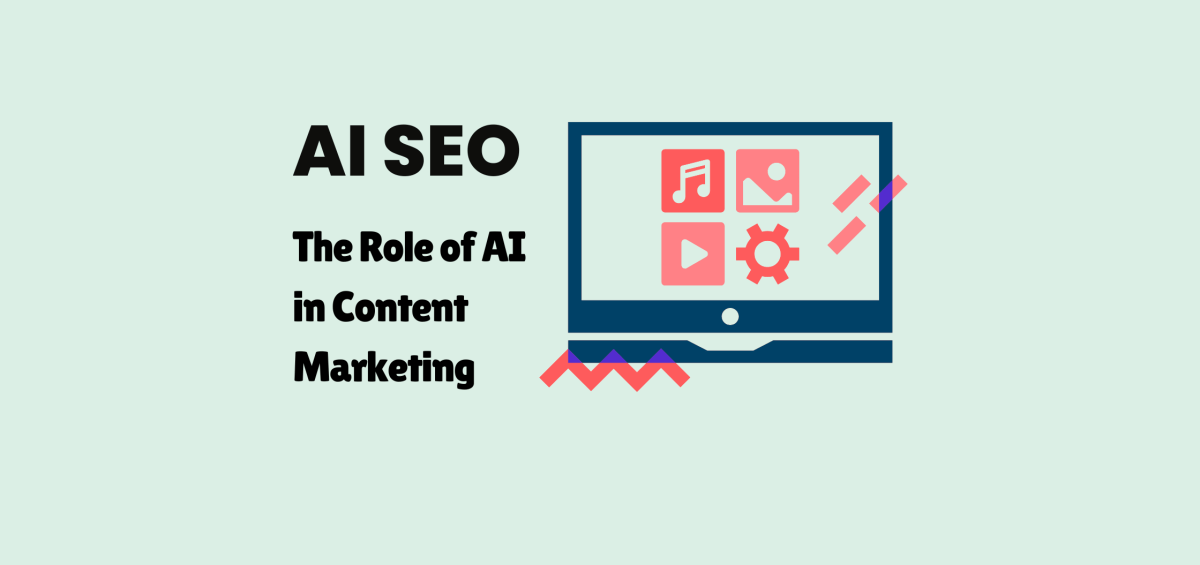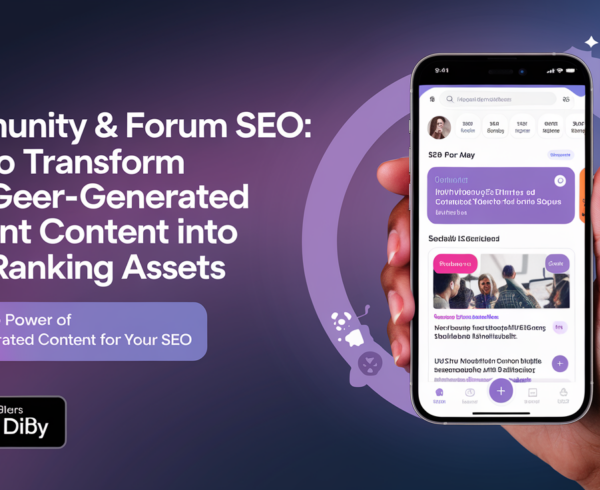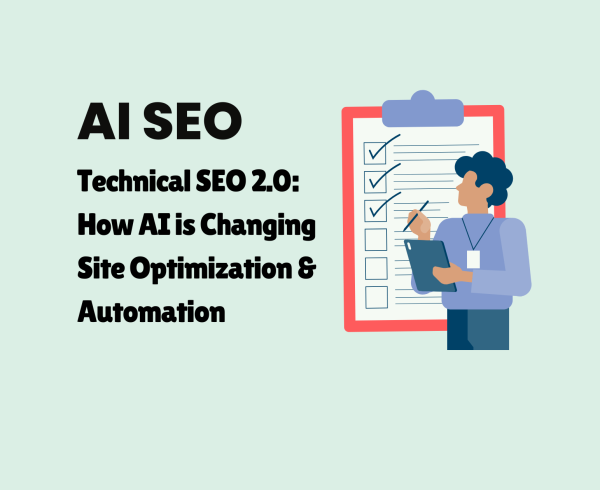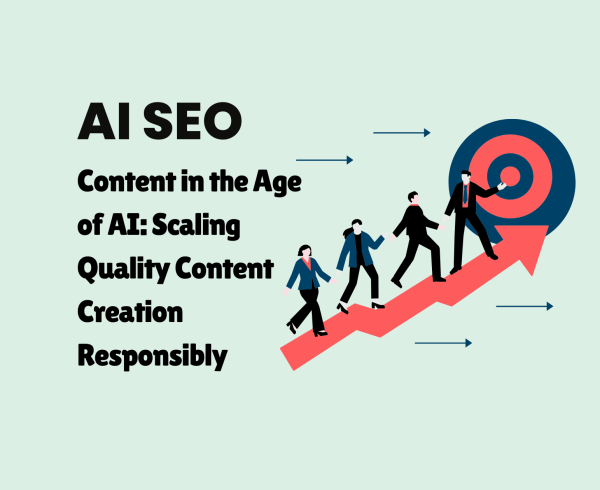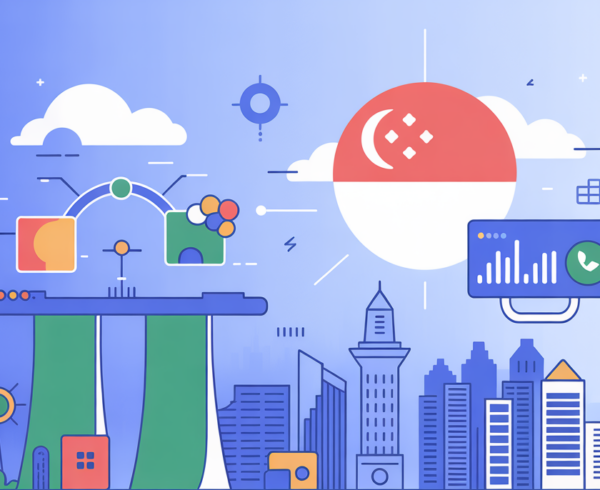AI plays a pivotal role in improving the efficiency, effectiveness, and personalization of content marketing. Here are some key ways AI is revolutionizing content marketing strategies:
1. Data-Driven Audience Insights
One of the biggest advantages of AI in content marketing is its ability to process and analyze vast amounts of data. AI tools can help you understand your audience’s preferences, behaviors, and interactions with your content, enabling you to create more targeted and relevant content.
- Predictive Analytics: AI can analyze historical data to predict future trends and behaviors, helping you better understand your audience’s needs. This enables marketers to create content that resonates with specific segments of their audience.
- Segmentation and Personalization: AI can segment audiences based on behaviors, interests, and demographics, allowing you to deliver highly personalized content. AI-driven personalization helps ensure that the right message reaches the right person at the right time.
Actionable Tip
Use AI tools to analyze your audience’s behaviors and engagement patterns. By leveraging insights into user preferences, you can create content that speaks directly to their needs and increases the likelihood of conversions.
2. AI-Driven Content Personalization
Personalized content is crucial for capturing and maintaining the attention of your audience. AI enables businesses to deliver hyper-personalized content across different channels at scale. By analyzing individual user data, AI can customize content based on user interests, behaviors, and previous interactions.
- Personalized Email Campaigns: AI can help create dynamic email content that changes based on the recipient’s behavior, interests, and past actions. For example, an eCommerce brand can send personalized product recommendations based on a user’s browsing history.
- On-Site Personalization: AI can be used to personalize the experience on your website. By analyzing user behavior, AI can adjust the content users see, recommend products, or show relevant blog posts.
Actionable Tip
Integrate AI-powered personalization tools on your website and email campaigns. For example, use AI to recommend products or content that are most likely to resonate with the individual user based on their past behavior.
3. Content Generation at Scale
AI-driven content generation is transforming the way marketers produce content. Tools like Jasper AI, Copy.ai, and Writesonic are enabling businesses to generate blog posts, social media posts, product descriptions, and even long-form content at scale. These tools can save time, increase efficiency, and enable businesses to create content faster without sacrificing quality.
- Content Creation: AI-powered tools can help generate content based on specific keywords, topics, or even an outline that marketers provide. These tools use machine learning to produce content that closely resembles human writing, making it easy to create blog posts, social media updates, or ad copy quickly.
- Repurposing Content: AI can help you repurpose existing content into different formats, such as turning a blog post into a video script, infographic, or social media post. This helps you reach a wider audience and maximize the value of your content.
Actionable Tip
Leverage AI tools for content repurposing. For example, take an existing blog post and use AI to transform it into multiple social media posts or infographics that can be shared across different platforms.
4. AI for Content Distribution and Automation
AI-powered content distribution platforms help automate the process of sharing content across multiple channels. This ensures that your content reaches the right audience at the right time, without requiring manual effort.
- Social Media Automation: Tools like Hootsuite, Buffer, and Sprout Social use AI to automate social media posting, optimize the timing of posts, and suggest content based on trends or audience engagement patterns.
- Content Scheduling and Planning: AI can help determine the optimal time to post content for maximum engagement, ensuring that your content is seen by the right people when they are most likely to interact with it.
- Multi-Channel Distribution: AI platforms allow businesses to distribute content across multiple channels, such as social media, email, blogs, and more, while ensuring that the content is tailored to the platform and audience.
Actionable Tip
Use AI-powered social media automation tools to schedule and optimize your posts. These tools can help you distribute content across channels and track engagement in real-time, allowing you to make data-driven decisions.
5. Content Performance Tracking and Optimization
AI is invaluable when it comes to tracking the performance of your content marketing efforts. Traditional analytics tools can provide data on traffic and engagement, but AI goes a step further by analyzing user behavior, segmenting audiences, and predicting trends.
- Real-Time Analytics: AI tools can provide real-time data on how content is performing across different channels. This allows businesses to track key metrics like click-through rate (CTR), conversion rate, and bounce rate, and make immediate adjustments if necessary.
- Sentiment Analysis: AI can analyze user comments, reviews, and social media posts to gauge the sentiment surrounding your brand and content. This can help businesses adjust their strategies and create content that resonates more with their audience.
- Predictive Performance: AI-powered analytics tools can predict future content performance based on historical data and trends, helping businesses allocate resources to high-performing content.
Actionable Tip
Incorporate AI-powered content analytics tools to measure the success of your content marketing campaigns. Use this data to continuously refine your strategy and adjust content creation to better meet the needs of your audience.
6. AI for Chatbots and Conversational Marketing
Chatbots powered by AI are increasingly being used for conversational marketing. AI-driven chatbots can engage users on your website, answer questions, recommend products, and even generate leads. These bots can use data from previous interactions to deliver personalized experiences for each user, making your marketing efforts more efficient and targeted.
- Lead Generation: AI chatbots can qualify leads by engaging with users on your website, collecting relevant information, and passing that data to your sales team. This makes the lead generation process more efficient and targeted.
- Customer Support: AI-powered chatbots can provide instant support, answering frequently asked questions and guiding users to the information they need. This improves the overall user experience and can drive higher customer satisfaction.
Actionable Tip
Implement AI chatbots on your website to engage visitors and guide them through the conversion process. Use chatbots to qualify leads and provide personalized recommendations based on user behavior.
Conclusion: Supercharging Content Marketing with AI
AI is transforming content marketing by enabling businesses to create more personalized, efficient, and data-driven strategies. Whether it’s through audience insights, content personalization, automation, or performance tracking, AI tools are empowering marketers to improve their workflows, optimize their content, and deliver better results.
To stay ahead of the competition, businesses must embrace AI as a core part of their content marketing strategy. By leveraging AI tools across the entire content lifecycle—from ideation to distribution and optimization—you can drive engagement, increase conversions, and build stronger connections with your audience.
In the next article, we’ll explore AI-driven link building strategies and how AI can help you acquire high-quality backlinks more effectively. Stay tuned!

